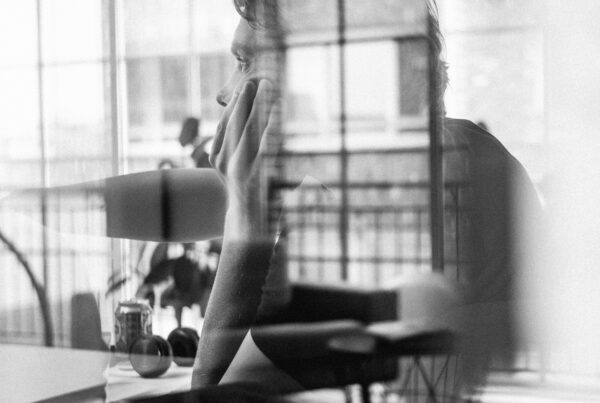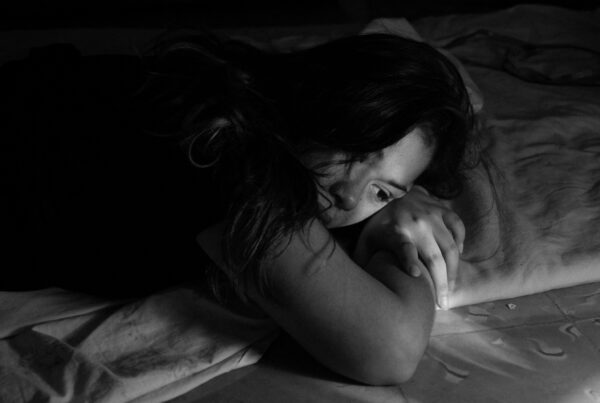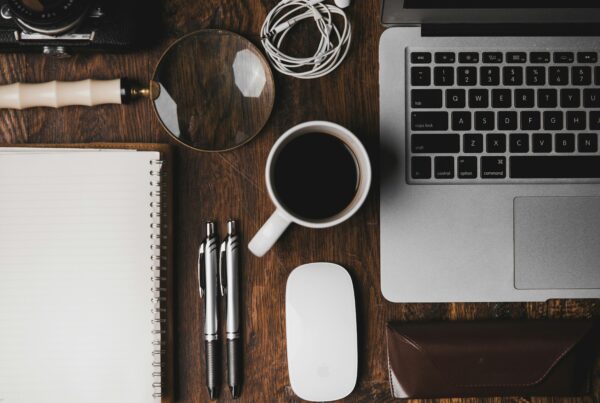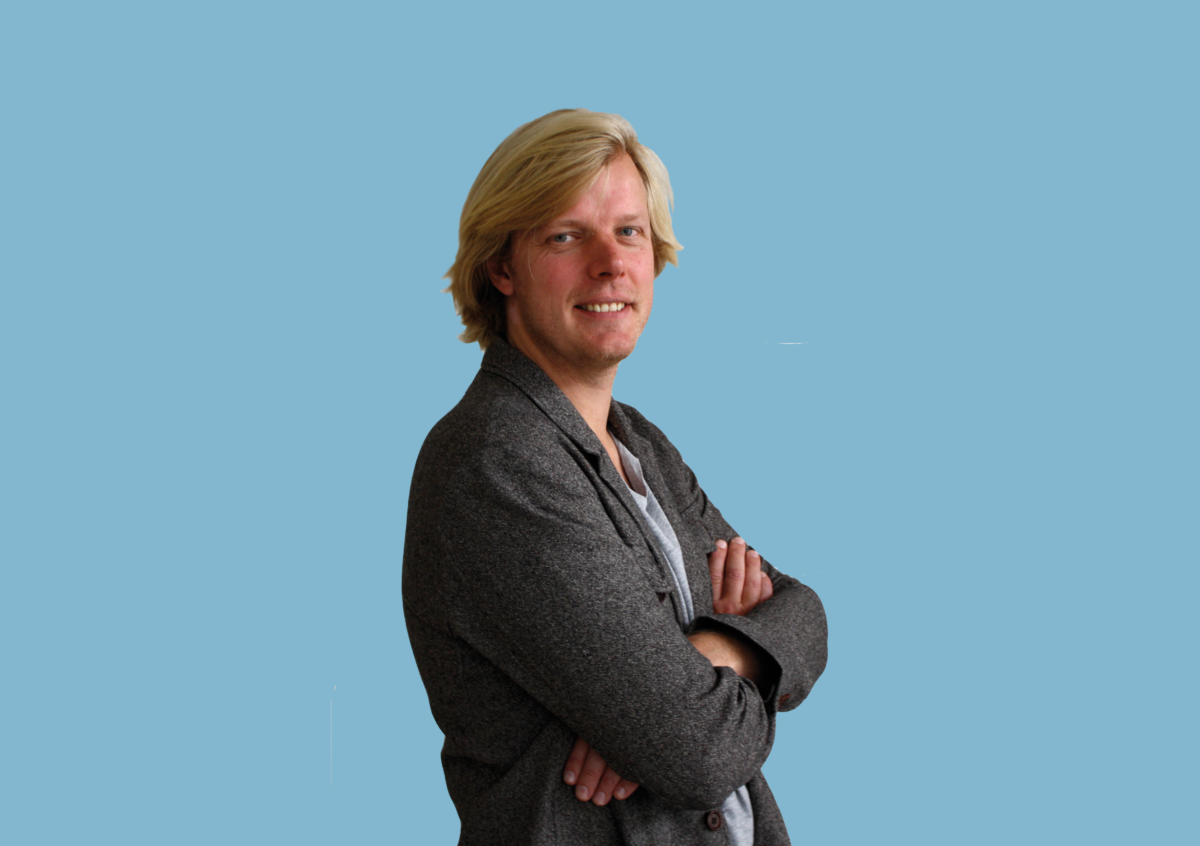
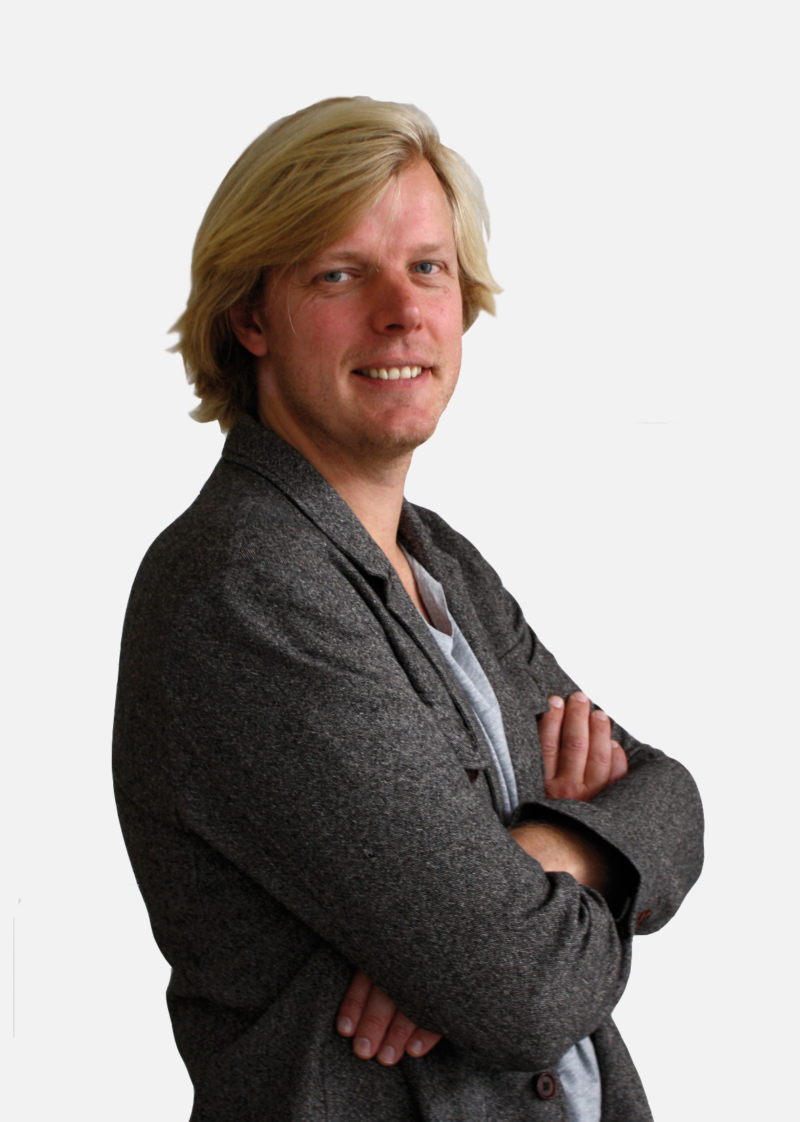
In the past few months, I have been involved in research programs aimed to measure and promote social distancing. For example, in the Smart Distance Lab, we invited people to visit an art fair and had visitors wear sensors that detect whether they get within a distance of 1,5 m of each other. That way, we can study how to set up public spaces to facilitate social distancing optimally; for instance, in our experiment, guiding people along one direction worked better than letting them move freely. Hopefully, this knowledge can help to mitigate virus spread.
Our research attracts lots of attention from the media. So, someone called me with the request to appear on a radio show on exit strategies. I thought this was an important topic – I am firmly convinced that society should make much more use of behavioral science principles in dealing with the pandemic. So I freed up my evening and got on the show. My main point was that we should work to make social distancing easier, say by giving people who are quarantined a skip-the-line-ticked for online grocery shopping. But I also got into technology, and explained that we could use sensors to assess social distancing as we did in our experiments. Based on these measures, we could give people feedback and rewards; for instance, supermarkets might give people who maintain their distance adequately a discount.
That was a big mistake. Sensor technology can work through bracelets (basically the same ones you get when you visit a concert) so I used that word to refer to the sensors (“armband” in Dutch). Directly after the show, messages started to appear on Twitter with people posting WWII photos of Jewish badges; for about two days, it rained tweets with people calling me a Nazi or a moron or both. Many wondered what kind of university would employ such a dangerous idiot; some accused me of working for the Chinese government. I had awoken associations with Brave New World, WWII, Nazism, fascism, and the deep state, and that does not go without consequences.
So that was my first Twitter roast. I have to say it’s not an enjoyable experience. The fact that so many people scold you gets to you at a very basic level; even though you can tell yourself that it’s irrational, you feel like you’re being bullied at the schoolyard. My affective reaction in fact appeared to be largely automatic and to have an element of cognitive impenetrability: even though you know that there are trolls and bots out there, and that it’s just a minority that behaves like this, that knowledge does not really counter the negative feeling of being spit at. I guess that the only thing you can do is get used to it. I don’t envy politicians and public servants.
From a behavioral science standpoint, such Twitter roasts are problematic. They constitute a negative reinforcer for behavior: next time a journalist calls me, I’ll think twice. This is undesirable, because society stands to benefit from public appearances of scientists, especially in these troubled times; we need scientists to interpret data, to communicate research, and to provide a counterweight against the growing influence of conspiracy theories. So, society needs find a way to address this. Until then, I’m laying low.

In the past few months, I have been involved in research programs aimed to measure and promote social distancing. For example, in the Smart Distance Lab, we invited people to visit an art fair and had visitors wear sensors that detect whether they get within a distance of 1,5 m of each other. That way, we can study how to set up public spaces to facilitate social distancing optimally; for instance, in our experiment, guiding people along one direction worked better than letting them move freely. Hopefully, this knowledge can help to mitigate virus spread.
Our research attracts lots of attention from the media. So, someone called me with the request to appear on a radio show on exit strategies. I thought this was an important topic – I am firmly convinced that society should make much more use of behavioral science principles in dealing with the pandemic. So I freed up my evening and got on the show. My main point was that we should work to make social distancing easier, say by giving people who are quarantined a skip-the-line-ticked for online grocery shopping. But I also got into technology, and explained that we could use sensors to assess social distancing as we did in our experiments. Based on these measures, we could give people feedback and rewards; for instance, supermarkets might give people who maintain their distance adequately a discount.
That was a big mistake. Sensor technology can work through bracelets (basically the same ones you get when you visit a concert) so I used that word to refer to the sensors (“armband” in Dutch). Directly after the show, messages started to appear on Twitter with people posting WWII photos of Jewish badges; for about two days, it rained tweets with people calling me a Nazi or a moron or both. Many wondered what kind of university would employ such a dangerous idiot; some accused me of working for the Chinese government. I had awoken associations with Brave New World, WWII, Nazism, fascism, and the deep state, and that does not go without consequences.
So that was my first Twitter roast. I have to say it’s not an enjoyable experience. The fact that so many people scold you gets to you at a very basic level; even though you can tell yourself that it’s irrational, you feel like you’re being bullied at the schoolyard. My affective reaction in fact appeared to be largely automatic and to have an element of cognitive impenetrability: even though you know that there are trolls and bots out there, and that it’s just a minority that behaves like this, that knowledge does not really counter the negative feeling of being spit at. I guess that the only thing you can do is get used to it. I don’t envy politicians and public servants.
From a behavioral science standpoint, such Twitter roasts are problematic. They constitute a negative reinforcer for behavior: next time a journalist calls me, I’ll think twice. This is undesirable, because society stands to benefit from public appearances of scientists, especially in these troubled times; we need scientists to interpret data, to communicate research, and to provide a counterweight against the growing influence of conspiracy theories. So, society needs find a way to address this. Until then, I’m laying low.

